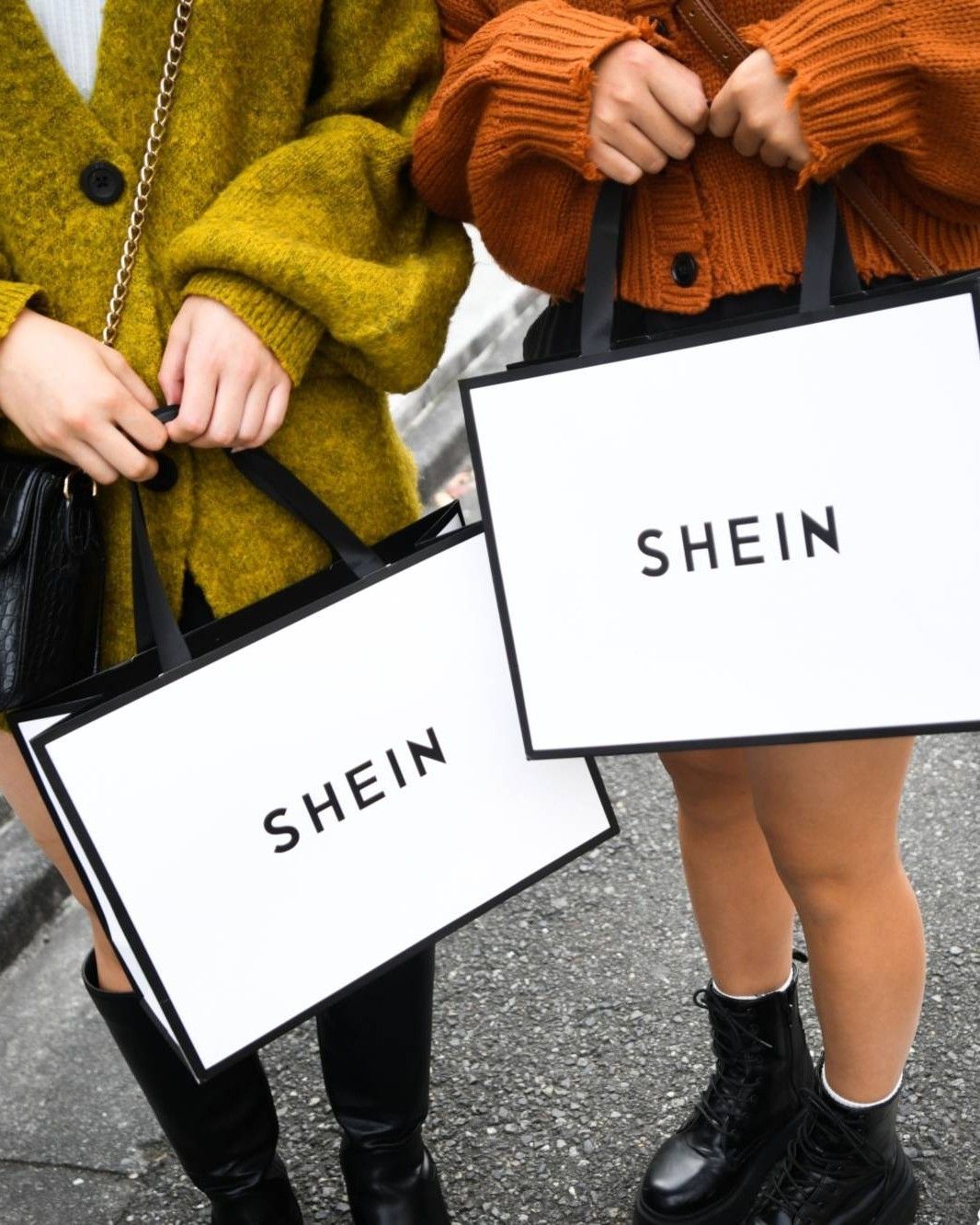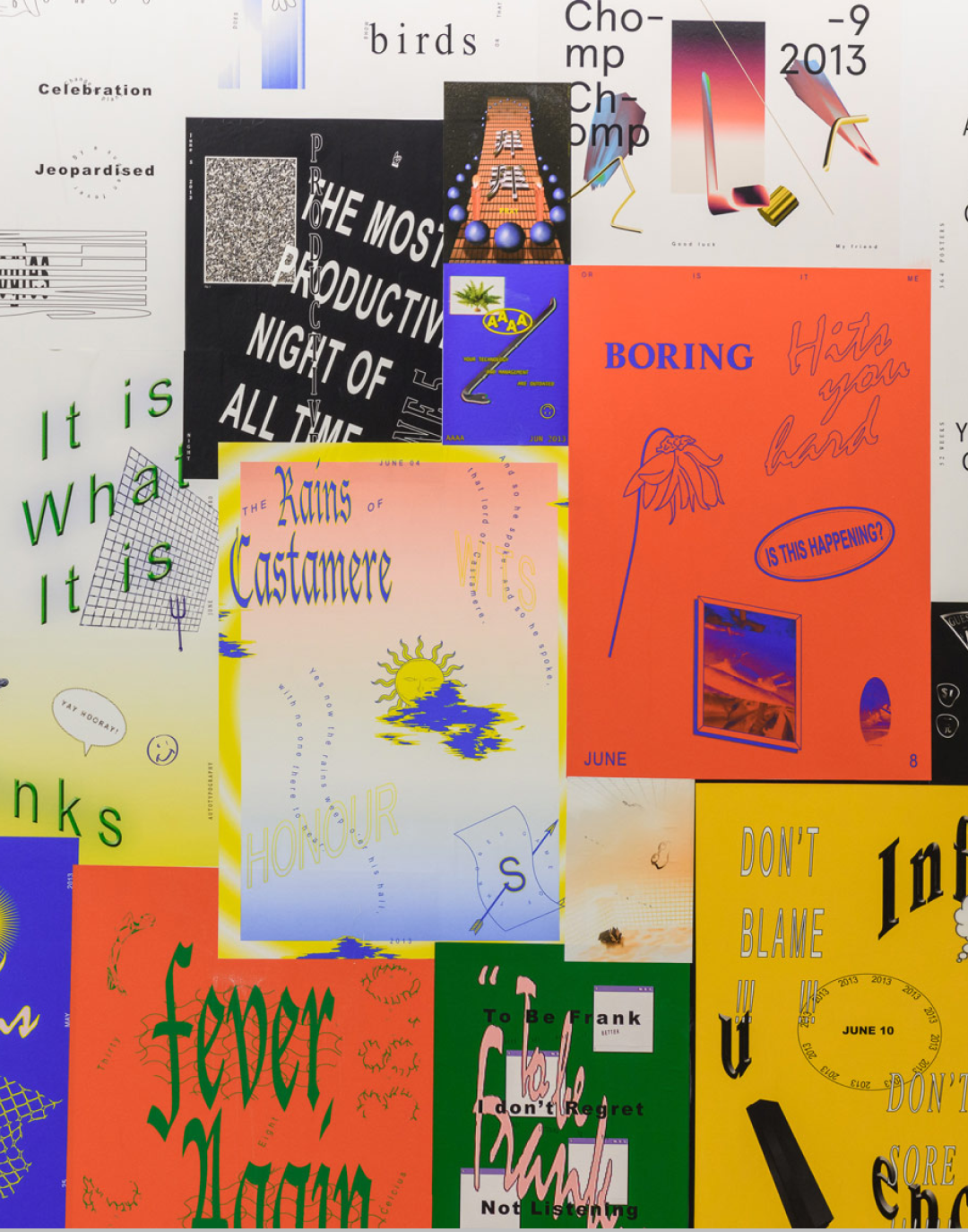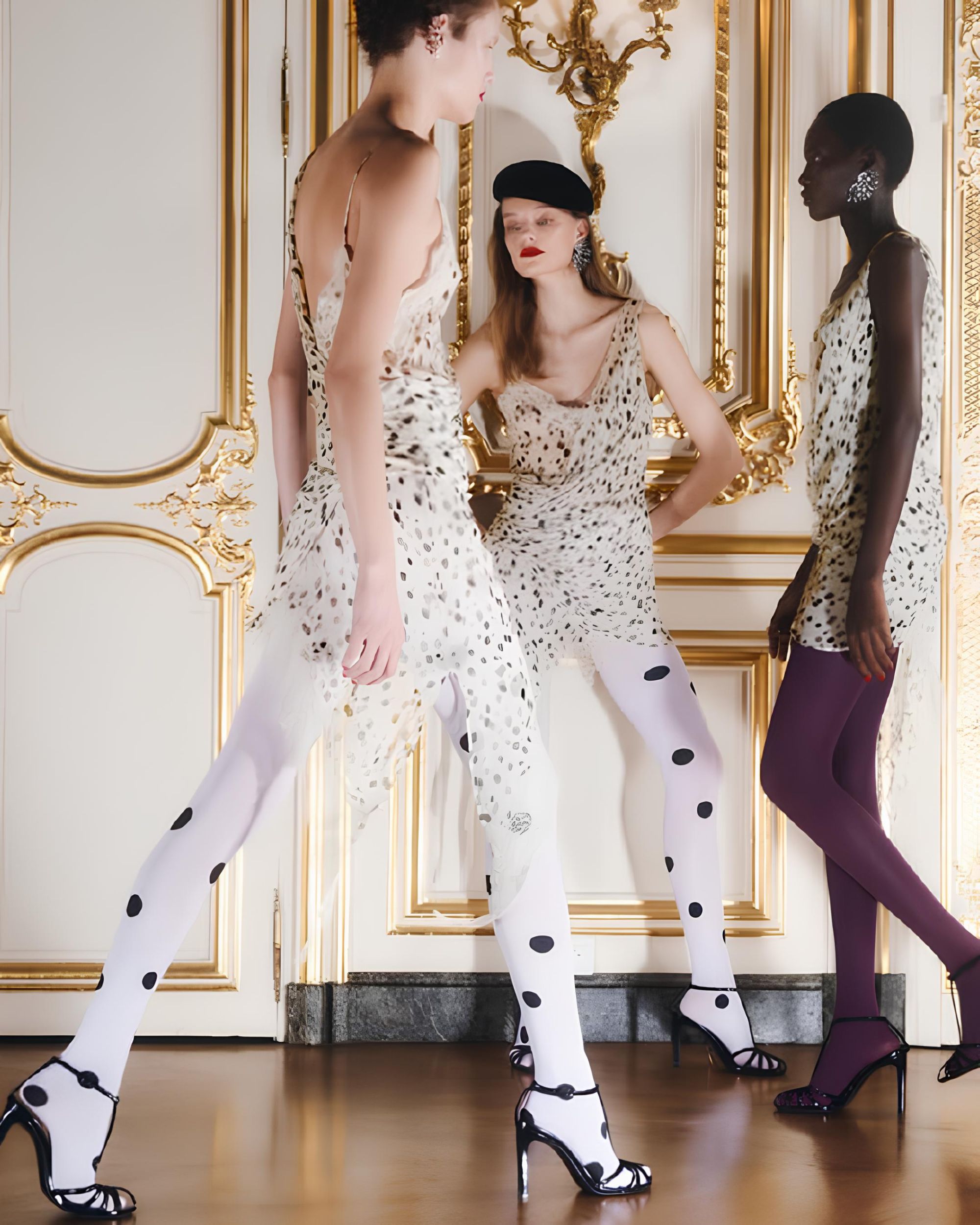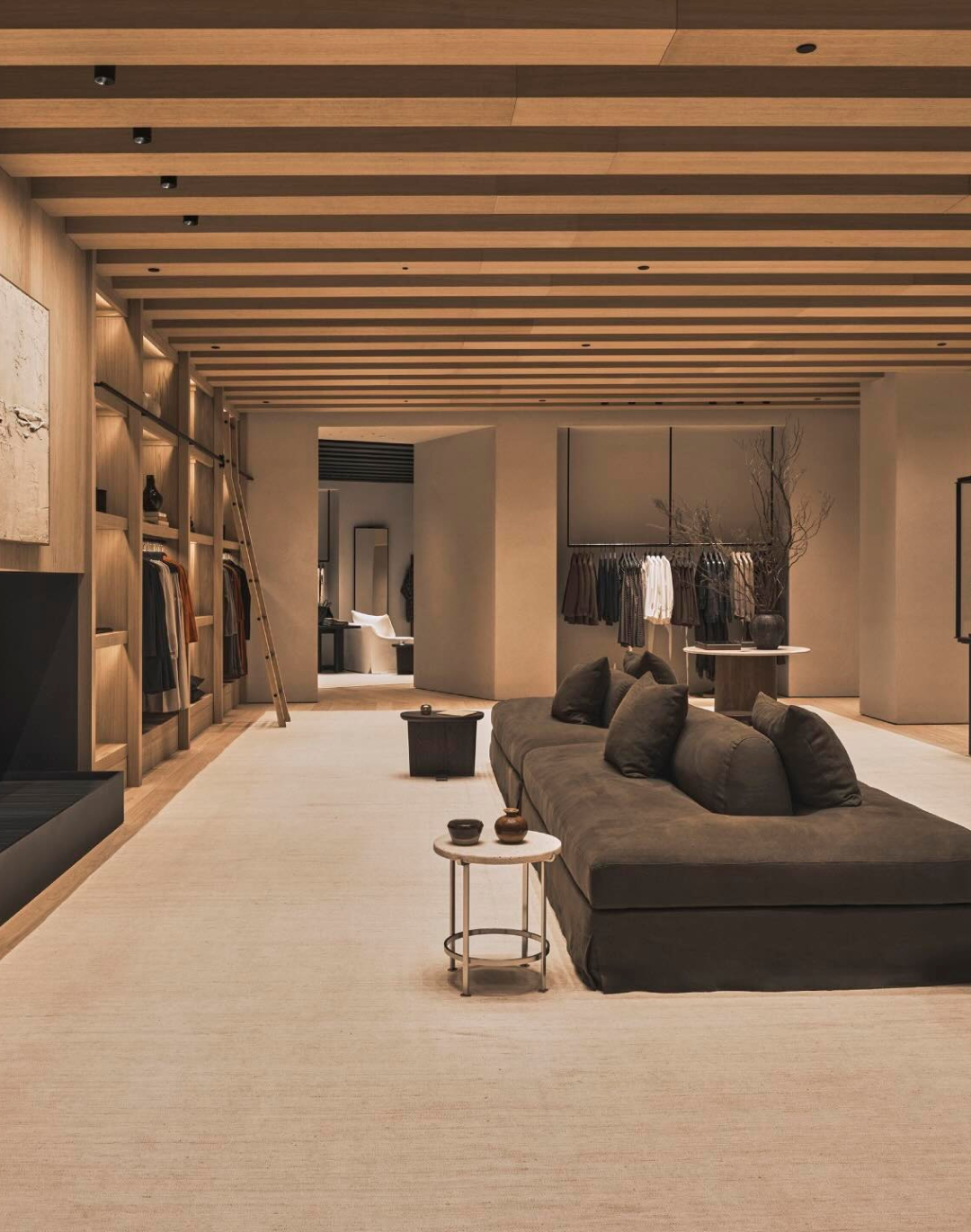
The evolution of fast fashion is fast homeware Tra pandemia, trend TikTok e un'ossessione per l'arredo
Do you know that huge pink mirror that fills the feeds of influencers and of which you have masochistically searched for the price on Google? Well, now you can buy a copy of the Ultrafragola model without spending 15,000 euros thanks to the brands of fast homeware. Three years of pandemic spent segregated in the privacy of our homes have led to a common newfound interest in furniture, degenerated almost into obsession since we take the same care in choosing an outfit as in arranging the living room. Home decor has become a 'non-essential' consumer sector that is estimated to reach $16.55 billion by 2025. In addition to H&M, Primark, Shein and Zara, Boohoo, Pretty Little Thing and Missguided have also launched homeware lines in the past year, while John Lewis, the well-known furniture mogul, is set to expand with its new ANYDAY range in April 2021, whose prices are, on average, about 20% lower than the main line.
Just as fast fashion has normalized buying a new outfit every day, fast homeware has normalized constantly changing, updating and redesigning living spaces. It's a trend that exploded into full pandemic thanks to social with Avant Basic, a minimal aesthetic that consists of checkered fabrics, tiled coffee tables, wavy mirrors, mushroom lamps and DIY items covered in foam that has 4.5 million views on TikTok between inspo outfits and furnishings. According to a study conducted by made.com and reported by Dazed, 68% of British adults shopped online for their home at least once a month during the pandemic, while 19% - that amounts to nearly one in five - did so several times a week, giving the industry a significant boost, with a 42% increase in sales.
Still, a year from now, those plastic flamingo-shaped cocktail glasses bought for a party will be languishing in the back of a cupboard, as will the faux marble trays and items with Matisse faces drawn all over them. Gen Z seems torn between the impulse to buy copies of the most beloved design objects at a low price and the attention to sustainability that distinguishes them, the same dualism that involves the most important furniture giants since the environmental impact has become an important evaluation criterion at the time of purchase. IKEA has invested in forests and is committed to using only "recycled or renewable-based plastics by 2030." In the U.S., Pottery Barn has partnered with The Renewal Shop to launch Pottery Barn Renewed, which sells restored textiles. Renting is also emerging as an alternative option, with Harth becoming a major player in the UK as of 2018, offering everything from pillows to sofas. Of course, people who already rent their homes may not want to rent the furnishings that fill them as well, preferring to turn to the secondhand market through both big retailers and independents, such as In Reverie, Rosemary and Peach and Scene By Chloe.





















































